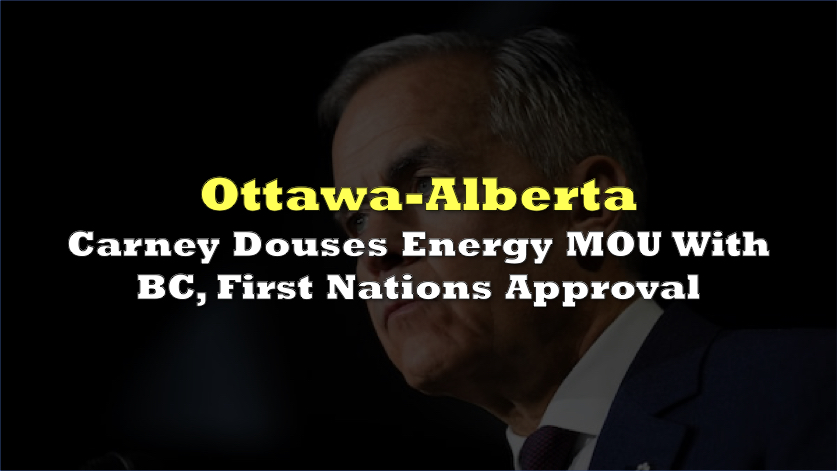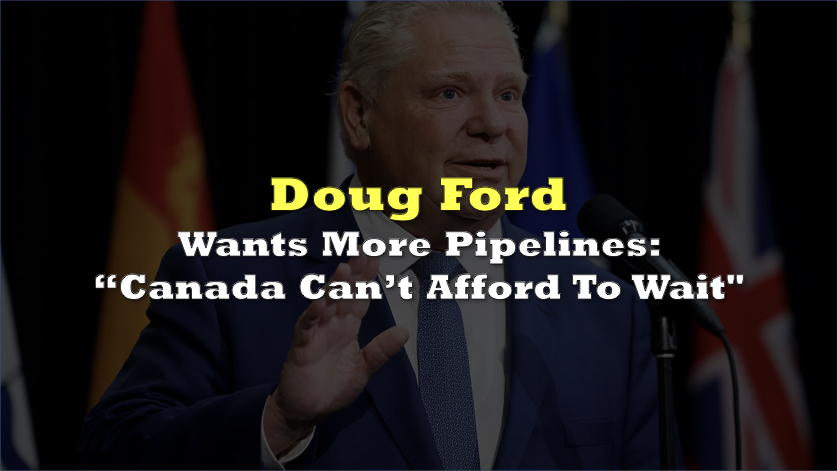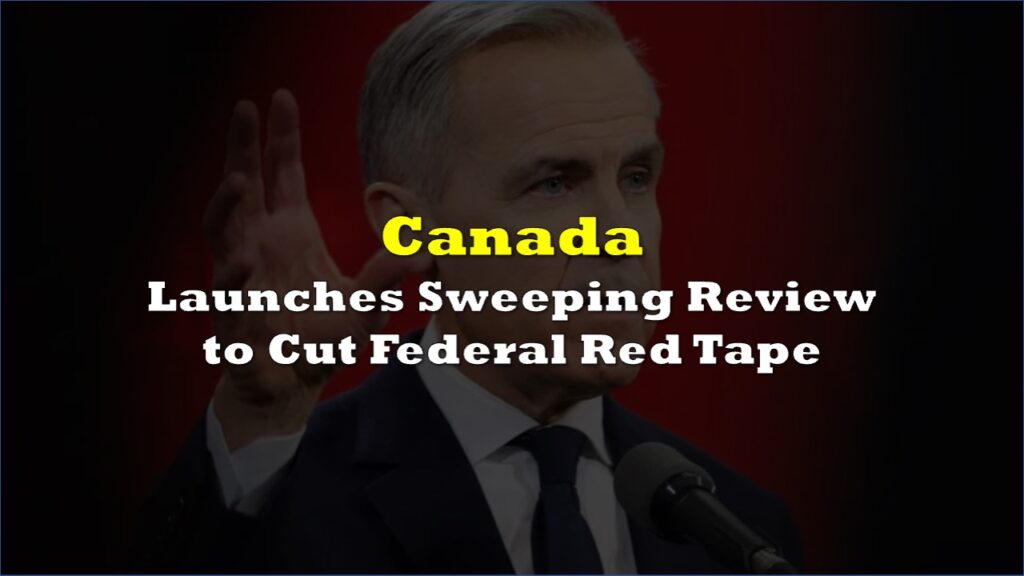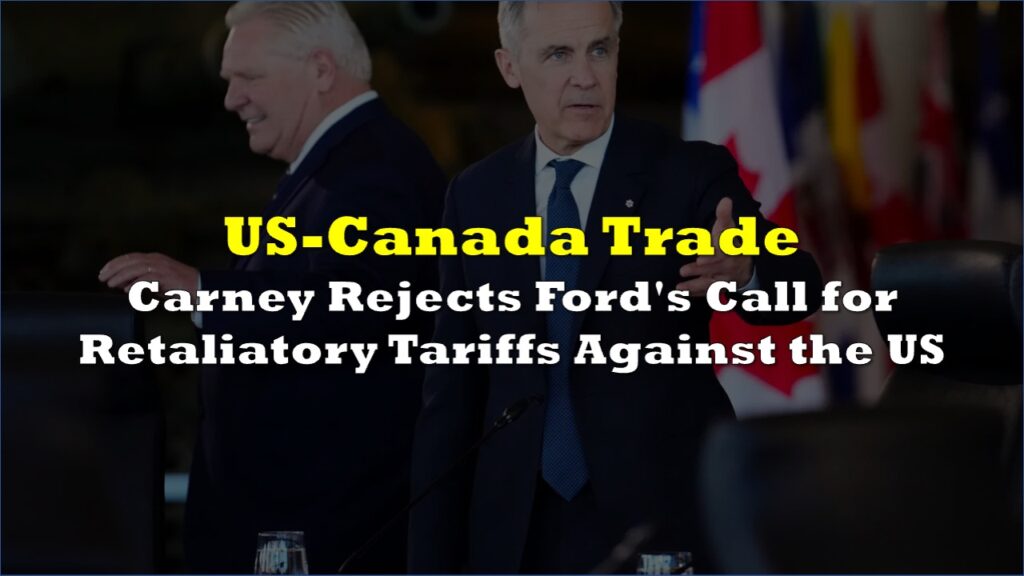Prime Minister Mark Carney’s clarification that the Alberta energy memorandum will create “necessary conditions, but not sufficient conditions” for a new pipeline to the Pacific coast turns Ottawa’s apparent yes into a conditional roadmap where British Columbia and First Nations now stand as explicit gatekeepers.
The draft memorandum of understanding between Ottawa and Alberta had been framed by Alberta Premier Danielle Smith as a long-sought breakthrough, sketching a tentative path for a bitumen line to the northwest BC coast, with tankers moving Alberta product to Asian buyers and the project folded into Carney’s nation-building project list. The political choreography was built around a “yes” from the prime minister, a joint announcement in Calgary, and a visible federal win for Smith ahead of a fractious United Conservative Party annual meeting.
However, Carney’s latest remarks narrow that interpretation.
“The memorandum of understanding that we’re negotiating with Alberta creates necessary conditions, but not sufficient conditions, because we believe in cooperative federalism,” he said, adding that “the government of British Columbia has to agree” and that First Nations rights holders “have to agree in support” so that “all stakeholders have to back it.”
🚨BREAKING NEWS : Mark Carney admits any new pipeline proposal from Alberta to the Pacific Coast will have to be agreed upon by the BC NDP & First Nations, who have already rejected any new oil pipeline project.
— Bruce McGonigal (@bruce_mcgonigal) November 25, 2025
What will Danielle Smith have to say now? pic.twitter.com/vwTjesVBDX
That clarification snaps back to the structure already embedded in the draft framework, which expects Alberta, as project proponent, to carry the load on Indigenous consultation and to negotiate directly with the BC government. Federal officials have been willing to consider the line under those conditions and within the Major Projects Office process, but Carney’s phrasing underlines that Ottawa’s role is to open a federal path, not to override regional or Indigenous opposition.
The political reading in Alberta is immediate. Commentators are already framing Carney’s statement as an admission that any new pipeline proposal from Alberta to the Pacific Coast will have to be agreed upon by the ruling BC NDP and First Nations, who have separately already voiced contentions to any new oil pipeline project.
In BC, Carney’s emphasis entrenches Premier David Eby’s leverage. Eby has already attacked Smith’s proposal, dismissed her grasp of the file, and warned that an Alberta-driven bitumen line could sabotage the BC government’s own infrastructure plans.
The statutory tanker moratorium off northern BC remains a parallel hurdle. Under current Trudeau-era law, vessels laden with oil are barred from docking at affected ports, directly constraining the envisioned tanker terminal. Ottawa has been weighing limited exemptions using powers under C-5, the One Canadian Economy Act, to carve out a project-specific pathway, but even a tailored exemption would only satisfy the “necessary conditions” Carney described, leaving BC and Indigenous consent as independent variables.
Financing risk now looks higher, not lower. No private proponent has recently stepped forward to build a West Coast pipeline, and Alberta’s strategy has been to file a formal application with the Major Projects Office once Ottawa’s position and tanker rules were clarified. Smith’s government has argued that softening the “nine bad laws,” easing pressure from the federal oil and gas emissions cap, and clearing up the tanker ban are preconditions for “private dough” to re-enter the field.
Information for this story was found via the sources and companies mentioned. The author has no securities or affiliations related to the organizations discussed. Not a recommendation to buy or sell. Always do additional research and consult a professional before purchasing a security. The author holds no licenses.










One Response
Congratulations to Prime Minister Carney and Premier Smith for taking on this difficult transition for Canada. Removing federal roadblocks and former implicit federal backing of the Eby/1st nation’s opposition to this critical break of the US logjam of Canada’s energy resources is an important first step.